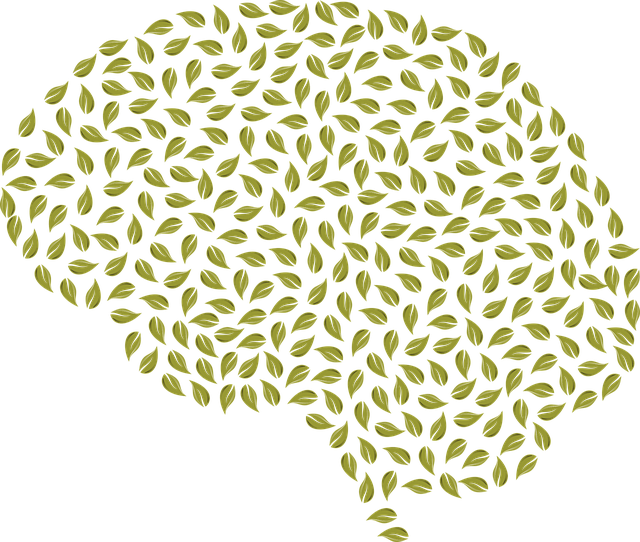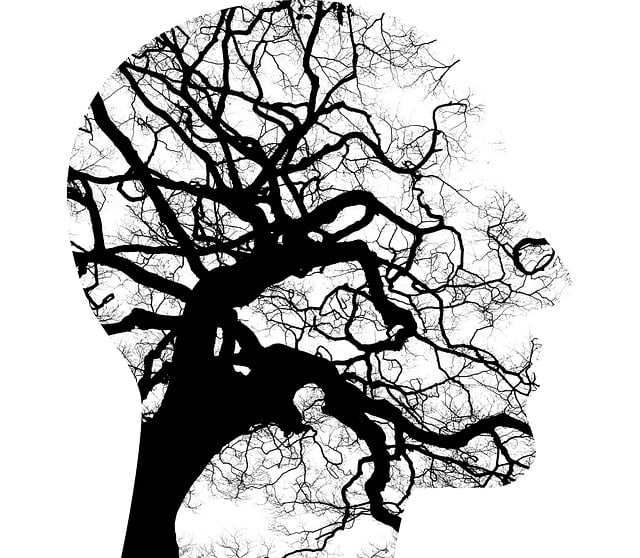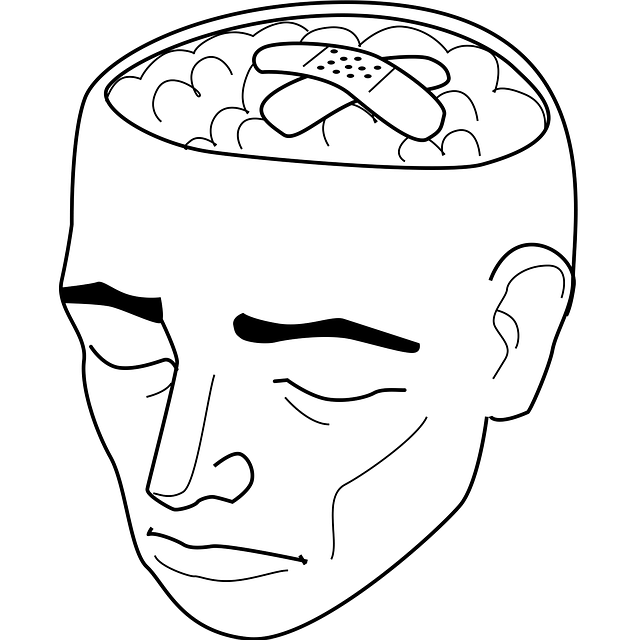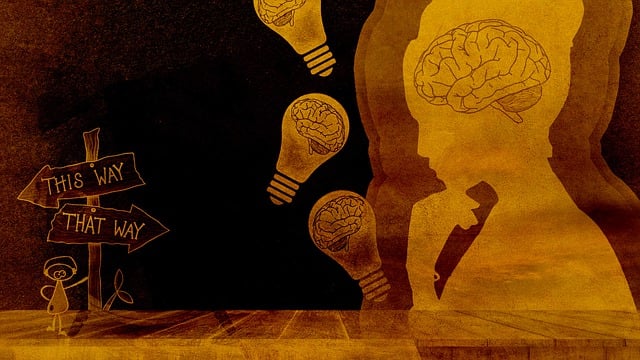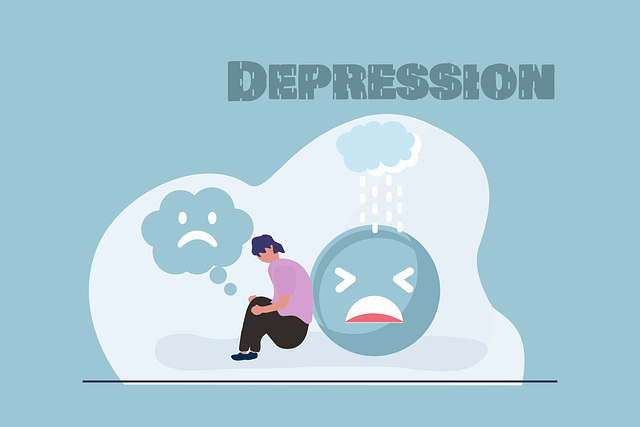Mental health education programs, like Arvada Cancer Issues Therapy (ACIT), combat stigma by offering tailored support using holistic approaches. ACIT focuses on emotional healing and cultural sensitivity for cancer patients, teaching stress management, emotional regulation, and coping mechanisms through workshops and online modules. Engaging sessions with diverse learning methods empower individuals to build resilience and access community resources. Evaluating program success involves assessing changes in mental well-being, stress levels, and practitioner burnout, demonstrating the impact of such initiatives on both patients and providers.
In today’s fast-paced world, mental health education is more crucial than ever. This article explores the comprehensive design of a tailored program aimed at addressing Arvada’s cancer community’s unique challenges. By unraveling common misconceptions and stigma surrounding mental health, we equip individuals with effective coping mechanisms. The program structure emphasizes engaging sessions for lasting impact. Additionally, targeted support is offered to cater to specific needs within the community, fostering a supportive environment. Through measuring success and evaluating effectiveness, we ensure the program’s longevity and impact on cancer patients’ well-being.
- Understanding Mental Health: Unveiling Common Misconceptions and Stigma
- The Role of Education: Equipping Individuals with Coping Mechanisms
- Program Structure: Crafting Engaging Sessions for Lasting Impact
- Targeted Support: Addressing Unique Challenges in Arvada's Cancer Community
- Measuring Success: Evaluating the Effectiveness of Mental Health Programs
Understanding Mental Health: Unveiling Common Misconceptions and Stigma

Mental health is a complex and often misunderstood aspect of human life, with many misconceptions and stigmas attached to it. These issues can hinder individuals from seeking help and support, leading to prolonged suffering. One of the primary goals of mental health education programs is to dispel these myths and foster an environment of understanding and empathy. By providing accurate information, these programs aim to reduce stigma, encouraging open conversations about emotions, behaviors, and thoughts.
In Arvada Cancer Issues Therapy, for instance, addressing mental health involves recognizing that cancer patients often experience a range of emotional challenges. This includes anxiety, depression, and fear, which can impact their overall well-being. Programs designed to support these individuals must incorporate educational sessions that highlight the importance of self-esteem improvement and emotional healing processes. Additionally, cultural sensitivity in mental healthcare practice is crucial, as it ensures that diverse populations receive tailored care, acknowledging the unique challenges they may face due to cultural beliefs and backgrounds.
The Role of Education: Equipping Individuals with Coping Mechanisms

Education plays a pivotal role in equipping individuals with the tools to manage their mental health effectively. Well-designed mental health education programs can foster self-care routine development for better mental health and resilience building, empowering people to navigate life’s challenges. By providing accessible information and fostering open conversations around mental well-being, these programs enable individuals to recognize signs of distress early on and implement coping mechanisms tailored to their unique needs. This proactive approach, similar to how Arvada Cancer Issues Therapy focuses on holistic patient care, ensures that people have the resources to build resilience and maintain a healthy mindset.
Mental health education can take various forms, from workshops and seminars to online modules and peer support groups. Each format offers opportunities for participants to learn about stress management techniques, emotional regulation strategies, and healthy coping mechanisms. Equipping individuals with this knowledge allows them to proactively address mental health concerns before they escalate, promoting overall well-being within communities. By integrating these educational initiatives into broader healthcare systems, we can create a more supportive environment where everyone has access to the tools necessary for navigating life’s complexities with enhanced resilience and mental fortitude.
Program Structure: Crafting Engaging Sessions for Lasting Impact

Crafting engaging sessions is key to designing a mental health education program that fosters lasting impact. Each session should be meticulously planned to balance information delivery with interactive activities, ensuring participants actively engage with the material. Incorporating diverse learning methods—such as discussions, role-playing scenarios, and group exercises—helps cater to different learning styles and maintains participant interest.
For instance, at Arvada Cancer Issues Therapy (ACIT), sessions might include icebreakers that encourage personal sharing to build camaraderie and promote mental wellness. Resilience building exercises can be designed to help participants navigate challenging situations, while social skills training facilitates meaningful connections and support networks. By combining theoretical knowledge with practical applications, the program equips individuals with valuable tools to enhance their overall mental health and resilience.
Targeted Support: Addressing Unique Challenges in Arvada's Cancer Community

Arvada’s cancer community faces unique challenges that require tailored support and resources. Beyond the physical toll of cancer treatment, patients often grapple with anxiety relief, conflict resolution techniques, and coping skills development as they navigate this daunting journey. A comprehensive mental health education program designed specifically for this population can address these pressing needs.
By offering workshops and support groups focused on managing stress, communicating effectively during difficult conversations, and building resilience, such a program can empower individuals to cope with the emotional challenges of cancer. Incorporating evidence-based practices and peer support can create a safe space where Arvada residents affected by cancer can find understanding, connection, and tools for navigating both their health journey and its psychological impact.
Measuring Success: Evaluating the Effectiveness of Mental Health Programs

Evaluating the success and effectiveness of mental health programs is a multifaceted process that goes beyond mere participation. It involves assessing tangible outcomes and changes in participants’ mental well-being, as well as their ability to apply learned coping skills in daily life. This can be achieved through various methods, such as pre-post assessments, follow-up interviews, and the use of standardized questionnaires validated for measuring anxiety, depression, and stress levels.
For instance, programs focusing on coping skills development should track improvements in participants’ ability to manage stress and emotions effectively, while initiatives centered around cultural sensitivity in mental healthcare practice can measure enhanced comfort and trust among diverse populations. Additionally, burnout prevention programs might evaluate reductions in professional burnout symptoms among practitioners, highlighting the indirect yet significant impact of such interventions on both patients’ outcomes and providers’ well-being (e.g., Arvada Cancer Issues Therapy).
Arvada’s mental health education programs, as showcased through various components like addressing cancer issues and stigma, demonstrate that comprehensive mental health program design is key to fostering resilience. By combining education, structured sessions, and targeted support, these initiatives empower individuals with coping mechanisms while breaking down barriers. Through continuous evaluation and adaptation, we can ensure that programs like these effectively serve communities, enhancing overall well-being and quality of life, particularly for those facing challenging health issues such as cancer.
